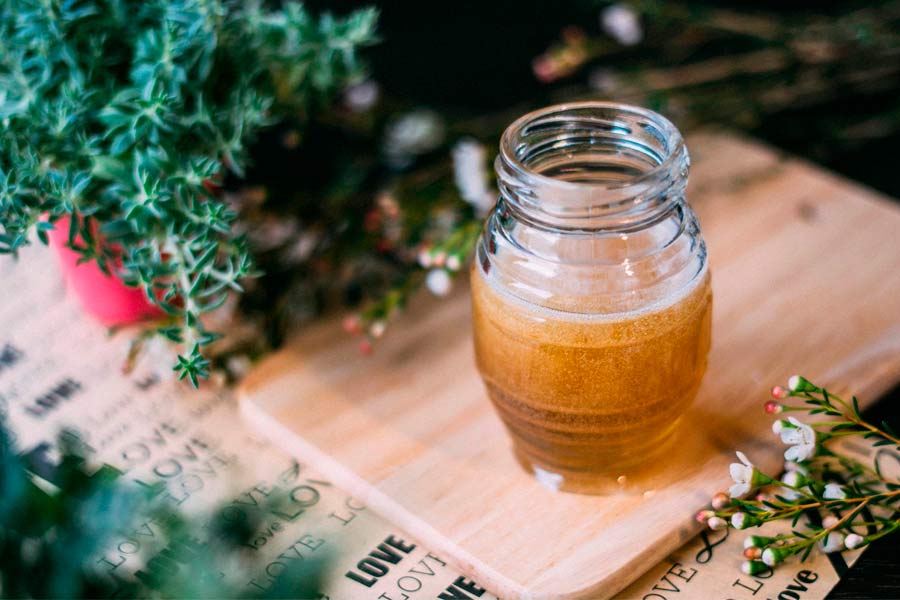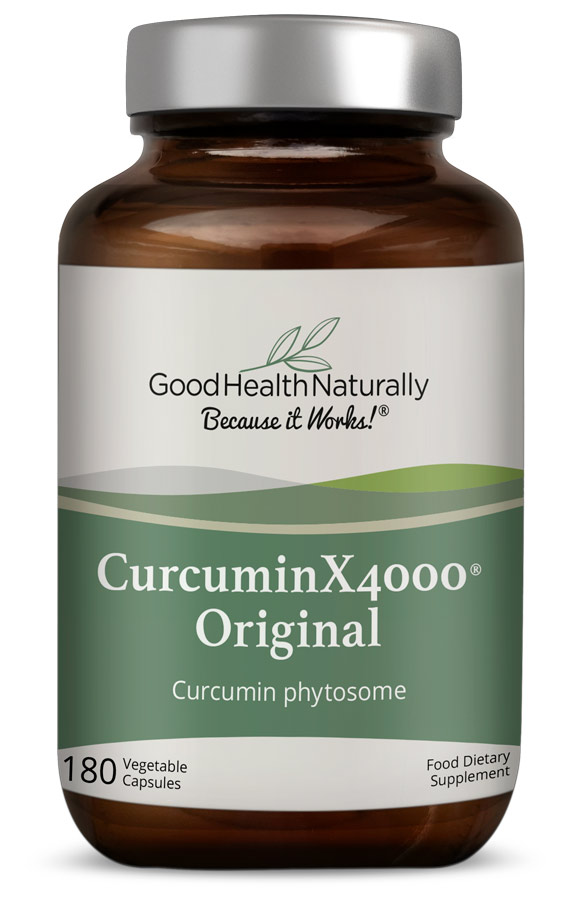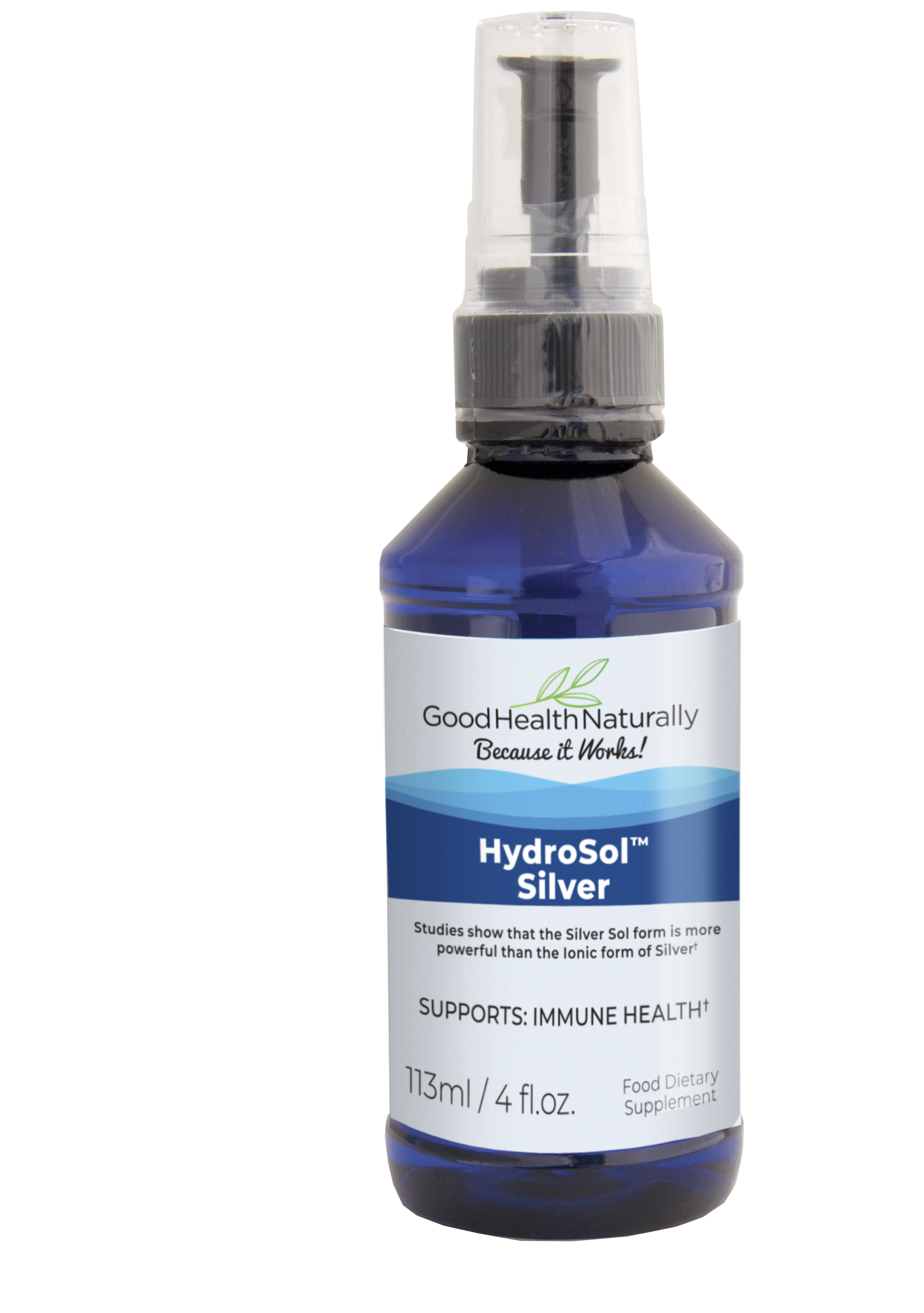A brief look at good health practices down the ages
Having good health is our wealth. Life becomes limited when we are unwell, even with something as simple as a nasty cold or stiff neck. Such limitations are even more pronounced with a longer-term issue or chronic illness.
Because good health is wealth to society as well as to us as individuals, it is a subject of debate and controversy. Taking responsibility for our health is empowering, but some elements in society would prefer that not to happen. Rather than a discussion between equals, some would like us to hand over that responsibility to them on the grounds that they know better. Of course, there are people who want a quick fix so they can return to getting on with life without changing their lifestyle or mindset. But for many others, the loss of personal responsibility and the lack of being listened to undermines their confidence, and they find themselves torn between what they are told is best for them and what they feel is best for themselves.
Are we throwing the baby out with the bathwater?
Ideas about what is best practice change over time, and only sometimes for the better. Modern medicine has made great strides, but they are not always an improvement. There is a high risk of ‘throwing the baby out with the bathwater’ by thinking we have made progress and are above and beyond so-called ‘old fashioned’ remedies and understandings.
Allopathic medicine sees the body as a machine with separate individual parts. This view has led to the development of various specialists for different issues and organs. However, specialists may look only as far as their area. Anyone with complex health issues and who has been sent from one consultant to another, getting different and possibly conflicting advice, will understand the flaws and frustration in such a system. Holistic approaches favour looking at the body as a whole, recognising that every aspect is interlinked. The body is from nature, so nature can help it heal. By contrast, our Western medical approaches have developed along the lines of a disease management system rather than one focused on maintaining and developing good health.
Are we being empowered or disempowered in our quest for good health?
There has always been debate on the best good health approaches. Hippocrates, the father of medicine, lived in the 4th century BCE and set out the principle that medicine should ‘first do no harm’. He stressed the healing power of nature and the need to support the body’s healing processes. However, other early physicians were more interested in taking action to correct illness. As a result, the support and prevention approach versus intervention has been the subject of discussion for centuries.
That changed in the 19th century when germs came to be considered the cause of disease, and the Western medicine approach became dominant with its focus on intervention and the destruction of the attackers of good health. As a result, there is now less attention on healthy lifestyle choices and more on symptoms and diagnoses of an ever-increasing number of named diseases and health issues. As a result, people can become increasingly disempowered by being told that modern medicine is the best path and can provide a fix rather than being empowered and encouraged to be actively involved in prevention and supporting their own good health. In many cases, of course, it’s not an either/or but a combination of the two that will yield the best results. And that requires mutual respect.
Age-old practices have much to offer
The practice of natural health care is likely as old as man himself. For example, the human use of honey is traceable to some 8000 years ago, as depicted by Stone Age paintings. Ancient Egyptian writings from 2600 BCE show they also used honey in many remedies for its antibacterial properties. More recently, honey was used in World War I to help prevent wound infection and to accelerate wound healing.
The Romans are reputed to have used silver cutlery as they realised its benefits in keeping germs away. Nanosilver is recognised today as a potent antimicrobial.
The Ancient Egyptians also understood the use of herbs and plants for health care, including turmeric for closing wounds and aloe vera to destroy worms, relieve headaches, and for skin disease and allergies. They were also aware of the concept of cleanliness and its importance to medical care. By contrast, Ignaz Semmelweis rediscovered the importance of washing hands between patients as recently as the 19th century. His claims caused much controversy within the establishment at the time because ‘a gentleman already has clean hands’!
Physicians in Ancient Egypt could be both female and male. In modern medicine, the first female practitioner in Britain was Elizabeth Garrett Anderson in the mid-19th century. She qualified in 1865 after discovering a loophole in the Worshipful Society of Apothecaries’ admissions process. However, no hospitals would employ her, so she established her own practice. It took another 11 years before the British Medical Register would accept women doctors. Even then, some hospitals would not allow women until well into the 1940s.
Holistic approaches from traditional cultures
Traditional Chinese Medicine (TCM) goes back some 5000 years. TCM understands that the life force in the body, known as chi, flows through energy channels known as meridians. These flows are balanced when the body is healthy. However, when some become blocked, sluggish or overactive, issues arise, and acupuncture can help rebalance them. Very fine needles are inserted at specific points to achieve this. However, rebalancing the chi by electrical current stimulation of these particular points is also possible, thereby avoiding using needles.
Ayurveda is an ancient Indian system of natural healing that has incorporated turmeric as a significant medicinal element since at least 500 BCE. Many cultures worldwide, including Africans and Native Americans, frequently used various herbs in their healing practices. Interestingly, research shows that, despite their distance from each other on the planet, many used the same or similar plants for the same medicinal purposes.
Our bodies are nature, and nature can help us have good health
Modern society is overriding traditional cultures and their influences across the globe. As a result, there is a danger of losing many of these ancient remedies. For example, as early as the 16th century, witch hunts, because of a political and religious power struggle initiated by fear, resulted in the loss of generations of ancient wisdom able to help good health naturally.
Even in the ranks of doctors, we can find that those who are prepared to push the boundaries of convention by thinking more broadly can be persecuted by their peers. And some doctors, by the time they realise the system they have spent years training within is flawed, have personal commitments, making it very difficult to challenge the system in which they have become a part.
It can be a confusing process to sift through all the advice. It is made even more complex now by the volume of online information, much of which is conflicting and incomplete. In addition, there can be fake information in all areas. However,
remembering that our bodies are nature and recognising that nature brings many gifts to help us find well-being is an excellent place to start.
Alongside having made incredible advances, many modern treatments can have extensive side effects. We can wonder what Hippocrates would make of the overriding his principle, ‘first do no harm’. Some drug leaflets even say death is a potential side effect even though the condition is not in itself life-threatening. On the other hand, many natural products, including vitamins and minerals, have a long history of benefits and relief.
And finally…
The key to self-responsibility is an open mind. Beliefs hold us fixed, whereas an open mind allows new ideas to be filtered and assessed. Good health is wealth, and that wealth is always going to be ultimately in your own hands.






